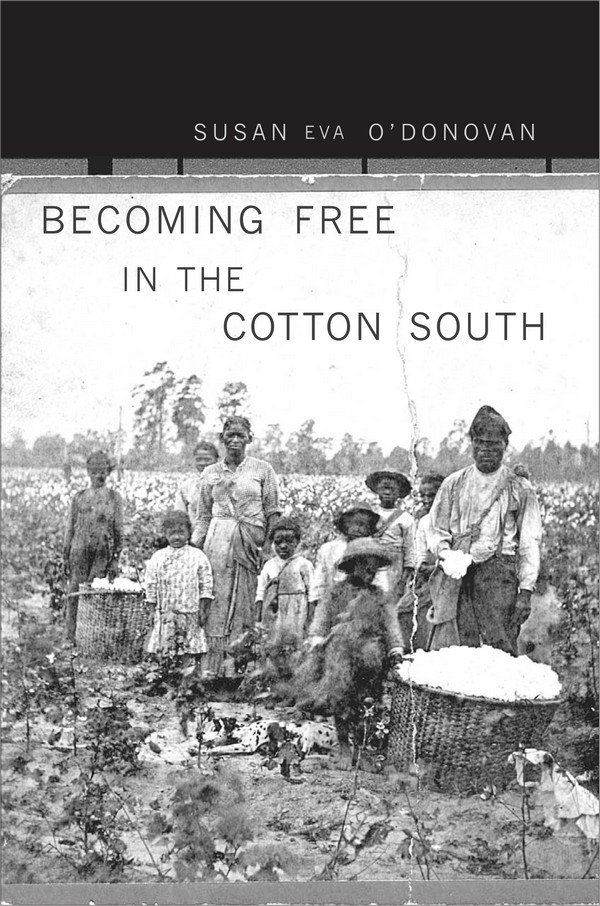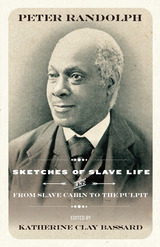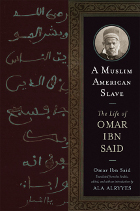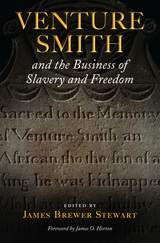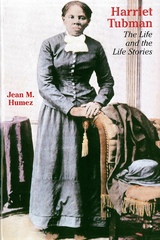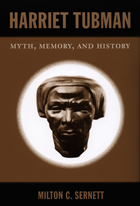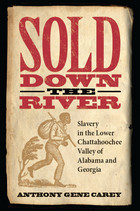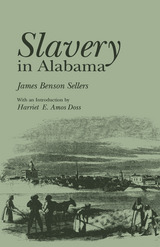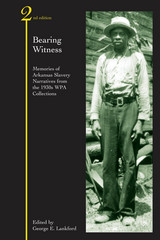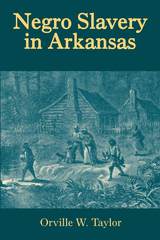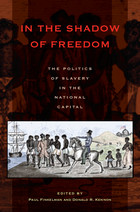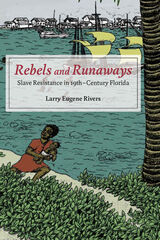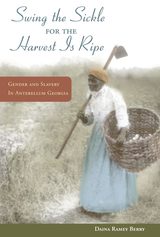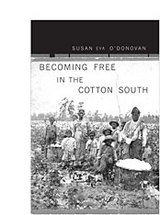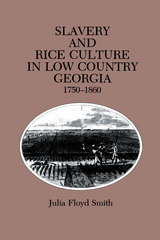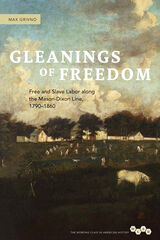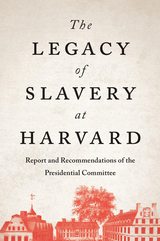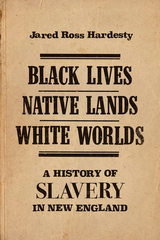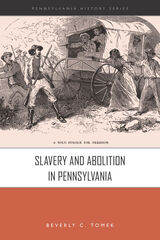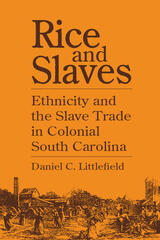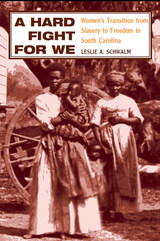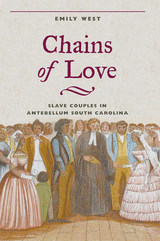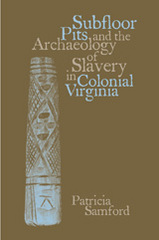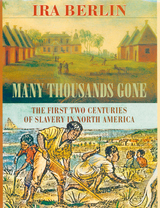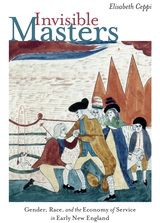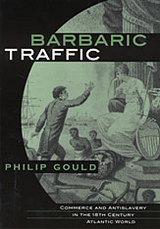Susan O'Donovan details the major changes for the slave and free black population of Southwest Georgia in the years of settlement, of the Civil War, and of the economic and political adaptations to emancipation. Of particular importance are the different impacts these changes had upon black men and black women, and upon the relations between belief and behavior in slavery and then in freedom.
-- Stanley L. Engerman, University of Rochester
The seismic shifts set in motion by the emancipation reached into every corner of the American South. In exploring one small corner, Becoming Free reveals how the earthquake that accompanied freedom's arrival shifted gender relations in the household, field, and hustings and in the process changed much more. Susan O'Donovan's small story is a big story, an original one, and an important one.
-- Ira Berlin, author of Many Thousands Gone and Generations of Captivity
As an exposition of how land, labor, and gender structured a hard slavery and a 'hard' emancipation as well, author>O'Donovan's analytical narrative is hard to beat. An exceptionally rich and textured study that never loses sight of the larger stakes.
-- James C. Scott, Yale University
With meticulous and probing scholarship, O'Donovan's work acutely demonstrates the tragic continuities between slavery and freedom in the American South. Her analysis of the intersection of ethno-racial, economic and gender domination immediately after slavery illuminates a crucial period in African American history and radically alters conventional scholarly interpretations of the development of the black family. This exquisitely accomplished and engagingly written work is surely one of the most important studies in African American and Southern histories to appear in years.
-- Orlando Patterson, author of Rituals of Blood: Consequences of Slavery in Two American Centuries
O'Donovan presents an excellent overview of the lives of African Americans in southwestern Georgia from about 1820 through 1868. The work shows the development of the cotton economy in this unique region from its very beginning until the early stages of emancipation. However, the book's strength is its treatment of the daily lives of African Americans. The impact of the planters' initial migration to southwestern Georgia, the ways in which slaves negotiated almost every aspect of their lives with their masters, and the effect of the Civil War on the region are all well developed. O'Donovan also shows the actual process of emancipation at work and how it affected black men, women, and children differently. Her work is especially strong in its treatment of women and discusses economics, social history, and politics equally well. O'Donovan expands on the earlier works of Hahn, Bryant, and Berlin while acknowledging her debt to them. This work is extraordinarily well written, often allowing African Americans to speak for themselves.
-- K. L. Gorman Choice
This is a superb book… O'Donovan has produced a crisp, concise, and well-written piece of scholarship… [She] has created her own unique deterministic model combining contingency, on the one hand, with the iron limitations of the past, on the other… Her argument is one of continuity, but an unstable continuity continuously challenged by the choices of individuals and the unforeseeable happenstance as various as the weather, war, or the Fourteenth Amendment.
-- Martin J. Hardeman H-Law
O'Donovan thus offers an original and meticulously researched study of how sixty-two thousand slaves became free in southwestern Georgia, an area that remained untouched by the Civil War… O'Donovan's commitment to a specific swath of land in order to observe how slavery and freedom unfolded is by any account an important contribution to southern history… Her book is finely argued, elegantly written, and breathtakingly researched.
-- Jim Downs Journal of Southern History
In her pioneering history of Reconstruction in southwest Georgia, Susan Eva O'Donovan reminds us that the men and women negotiating the first few years of freedom there operated within a framework established by their subregion's particularly harsh history of slavery and war… Compelling reading and offer welcome glimpses into this crucial moment in history… This book deserves a thoughtful readership.
-- Mark Roman Schultz Journal of American History
A powerful, exemplary social history of workers that captures both their strivings for a more just world and the overwhelming force of race, gender, and capital on their lives… With unflinching and evocative prose, O'Donovan has written a captivating and convincing history of the enormous struggles that black women and men engaged in before and after emancipation… Becoming Free in the Cotton South, in short, illustrates the immense and subtle upheavals, adjustments, and continuities that attended slavery's demise. Its compelling ideas and refreshing narrative deserve the widest audience possible.
-- Moon-Ho Jung Labor
